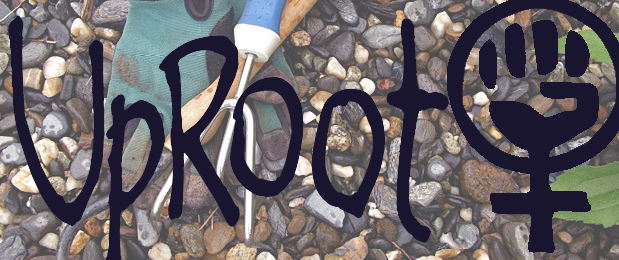
By Karen Wullaert DeKett, MA, LPC, DV/SA Therapist, HAVEN
Stalking is defined as a pattern of behavior directed at a specific person that would cause a reasonable person to feel fear. It can include, but is not limited to:
- Following someone
- Making repeated phone calls or sending text messages
- Making unwanted contact with someone on social media
- Leaving unwanted gifts
- Causing property damage, or
- Making threats against a person or their family, friends, or pets
Stalkers want to gain power and control over another person by creating fear. Stalking is a major and often misunderstood issue in our society. In the United States, 7.5 million people are stalked every year (Breiding et al., 2014). Being victimized by a stalker can lead to anxiety, depression, insomnia, and significant social difficulties.
In popular culture, stalking is often depicted as a mentally ill stranger obsessively following their victim. However, this is a misrepresentation of many victims’ experience. Between 76% and 86% of victims know their stalker; often, this person is someone they have had a relationship with. 61% of female victims and 41% of male victims are stalked by a current or former partner (Breiding et al., 2014). Stalking can be insidious and stalking behavior may not seem threatening to people outside of the relationship. In fact, it may even be misconstrued as thoughtful or caring.
One of my client’s, Maya, told me that during their divorce her estranged husband would leave flowers, concert tickets, and other gifts on her front porch. “Other people thought he was being sweet or suggested that maybe he was trying to win me back or make amends,” she told me. “But to me, it would create so much fear. I knew it was his way to telling me I was still ‘his’.”
Stalking is not about romance or desire. Stalking is about power and control.
No one deserves to live with the fear and uncertainty of stalking victimization. If you are being stalked or harassed, HAVEN is here to help. We offer many services for victims of stalking, including counseling and legal advocacy. To access HAVEN services, please call our free, 24-hour Crisis and Support Line at (877) 922-1274. Do not suffer in silence; you are not alone.
References: [Matthew J. Breiding et al., “Prevalence and Characteristics of Sexual Violence, Stalking, and Intimate Partner Violence Victimization – National Intimate Partner and Sexual Violence Survey, United States, 2011”, Centers for Disease Control and Prevention Morbidity and Morality Weekly Report, Vol. 63, No. 8 (2014)]





